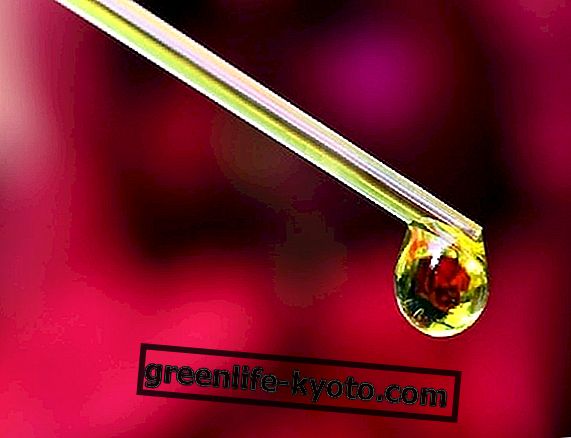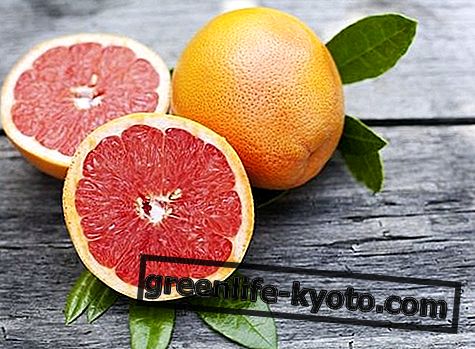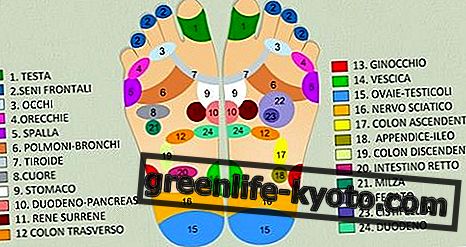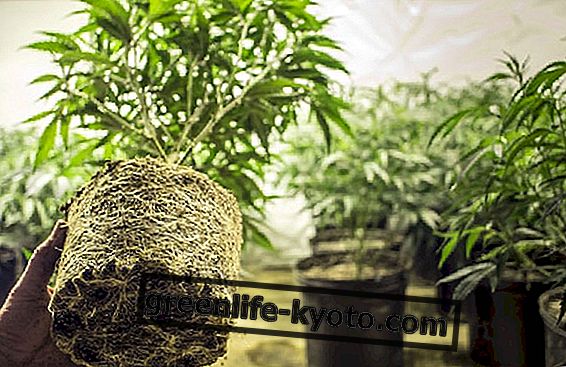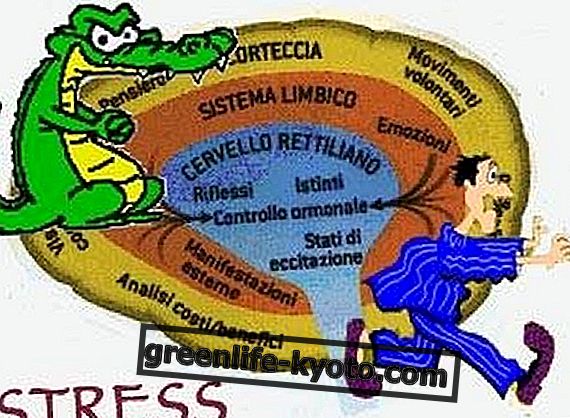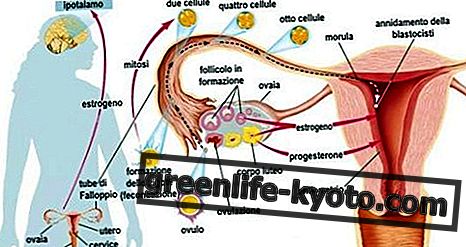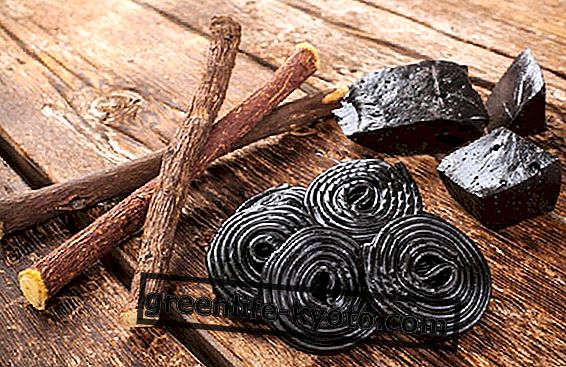
Use of licorice
Licorice, Glycyrrhiza glabra, is a perennial plant with cheerful bright green leaves. Licorice is used naturally, as a root, for infusions or herbal teas, or as a stick in purity; or it can also be found processed to make logs or candies, tinctures or even the lesser known licorice essential oil.
Long ago, before the advent of electronic cigarettes, many people chewed it to quit smoking .
In fact it is the Chinese who, through their traditional medicine, used it first and talked about it in their first herbarium. In fact, licorice has been used for about 5, 000 years by Asian populations to treat coughs, food poisoning or liver disorders, for example.
In Iran the local populations used it when they left for the long desert crossings, known and appreciated for its refreshing and refreshing action . In Europe it arrives relatively later, around the fifteenth century, thanks to the Dominican friars.
Among the properties of licorice, there are those expectorants, cough soothing, sore throat and phlegm . But it would also work well against cervical pain, and has an anti-acid action, related to the slightly laxative one.
But beware: licorice is not for everyone. Like so many herbs or natural remedies, it can hide contraindications that you really need to pay attention to. We see to whom this natural root is not indicated.
Beware of licorice
Licorice, as seen, has many properties and beneficial effects. But if consumed in excessive doses, it can be dangerous, especially for those people who present particular health conditions. Better not to abuse liquorice if:
> you suffer from hypertension . Perfect for those with low blood pressure, it is already avoided spontaneously by those with rather high blood pressure, as it sometimes causes a headache . For those suffering from hypertension it is to be avoided.
> suffers from a lack of potassium . As indicated in the text "The dangers of the natural. Guide to the safe and correct use of herbs" by Firenzuoli and Epifani, licorice can cause hypokalemia, with consequent muscle weakness (Licorice Poisoning - EMedicine). The same book reports on a possible myocardial infarction related to licorice abuse.
> you are subject to alcoholism : the abuse of glycidic acid contained in the plant can cause neuropsychic disorders (cure with herbs and plants AA. VV.)
> As the book "The healing herbs" by Michael Castleman reports, licorice is not equally suitable for pregnant or lactating women, for those suffering from diabetes , glaucoma, heart disease or stroke or who is in therapy for disorders of the adrenal.
Curiosity : Calabria is undoubtedly the most famous and appreciated Italian region for the production of liquorice. Here is an all Calabrian blog, Rosa and I, the official recipe for liquorice liqueur.




